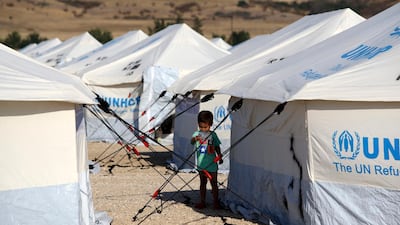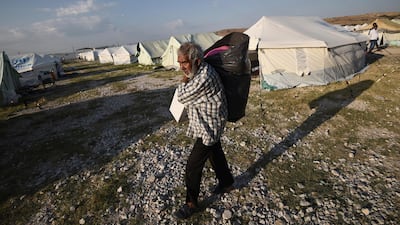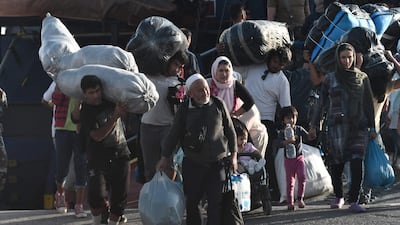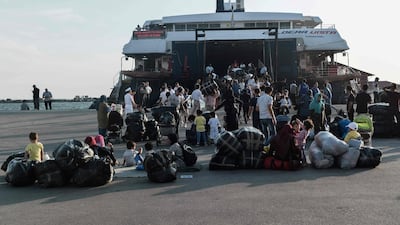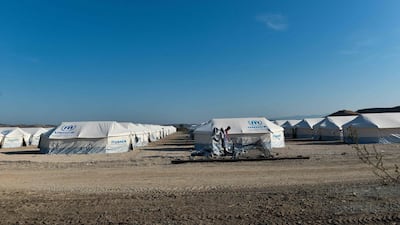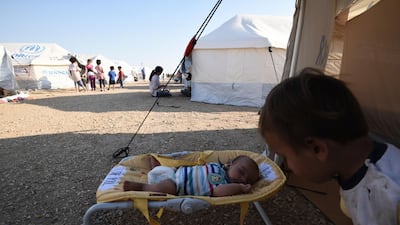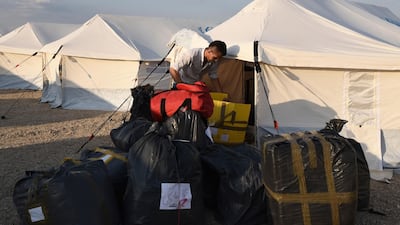The European Union put forward a five-point plan seeking to “relaunch and strengthen” its relationship with its Mediterranean neighbours on Tuesday, underpinned by investments of up to €7 billion ($8.47bn) over the next six years.
Its plan is to improve human development, support a transition to digital and green economies, promote peace and security, and manage migration more effectively.
In unveiling the agenda, the EU said it wanted “to relaunch our co-operation and realise the untapped potential of our shared region”.
The bloc’s southern Mediterranean neighbours are Algeria, Egypt, Israel, Jordan, Lebanon, Libya, Morocco, Palestine, Syria and Tunisia.
Olivér Várhelyi, the EU commissioner charged with handling relations with border countries, said the plan marked “a new beginning in our relations with our Southern partners”.
“It shows that Europe wants to contribute directly to a long-term vision of prosperity and stability of the region, especially in the social and economic recovery from the Covid-19 crisis,” he said.
Mr Várhelyi said priorities included creating growth and jobs, and investing in human capital.
“We consider migration to be a common challenge, where we are ready to work together to fight irregular migration and smugglers together with our partners as it is a risk for all of us,” he said.
The proposal makes clear that it wants to spur long-term socio-economic recovery and aims to make the region an attractive investment option.
Josep Borrell, the EU’s chief diplomat, emphasised a partnership that supported young people and women, and one that helped the people of the region to “meet their hopes for the future, enjoy their rights and build a peaceful, secure, more democratic, greener, prosperous and inclusive Southern Neighbourhood”.
Mr Várhelyi said the biggest obstacle was the economic challenge resulting from the coronavirus pandemic.
“Unless we help to bring a more diverse, a more modern economy to this region, we will continue to see major social and economic difficulties,” he told a press conference.
“Therefore, it’s a common interest to invest directly into the economy and create growth and jobs directly in the region."
He also highlighted security challenges and the rise in terrorism and human trafficking in the past 10 years.
The EU, in partnership with countries, was determined to step up efforts to stop migrant smuggling networks and to strengthen asylum governance.
In its proposals, the bloc said that its Mediterranean neighbours were some of the main hotspots of climate change, while also being home to major potential sources of solar and wind energy.
“Increasing climate change adaptation capacities and disaster risk reduction is a priority in the region,” it said.


